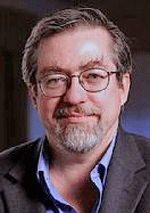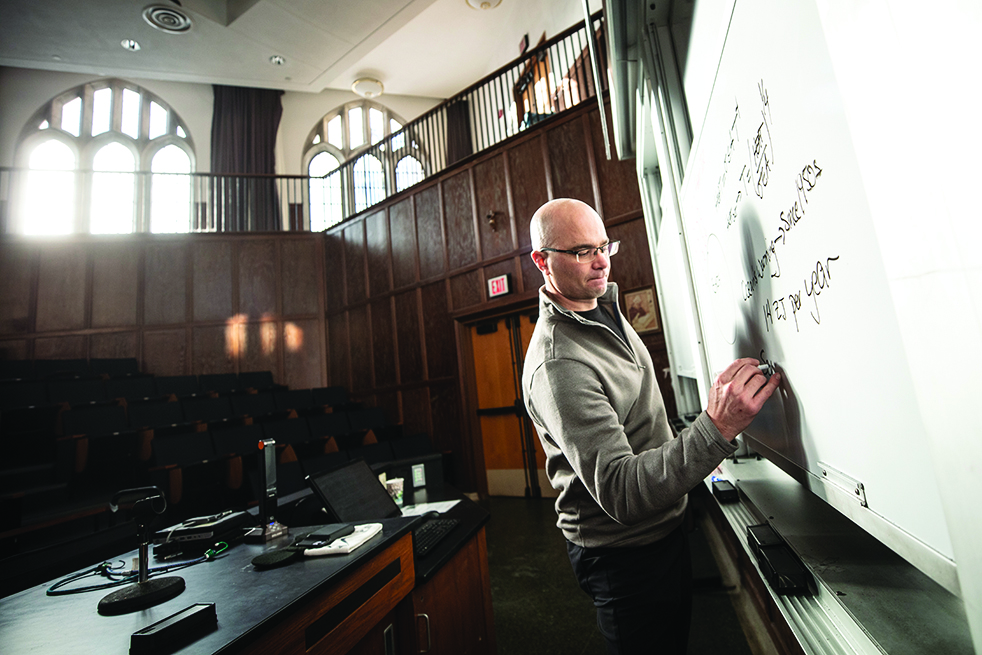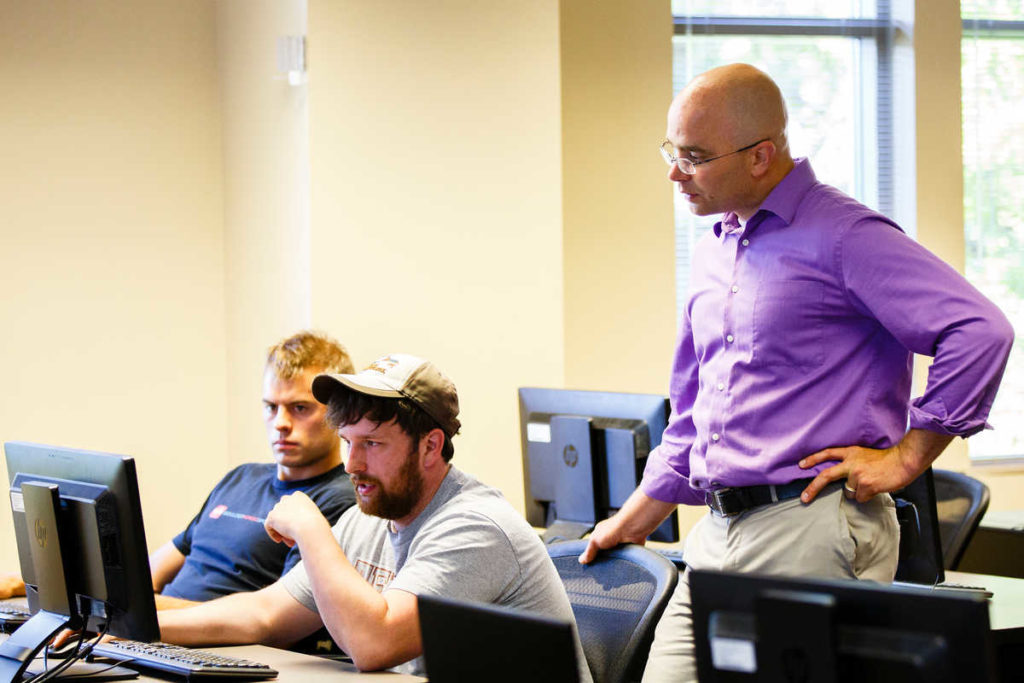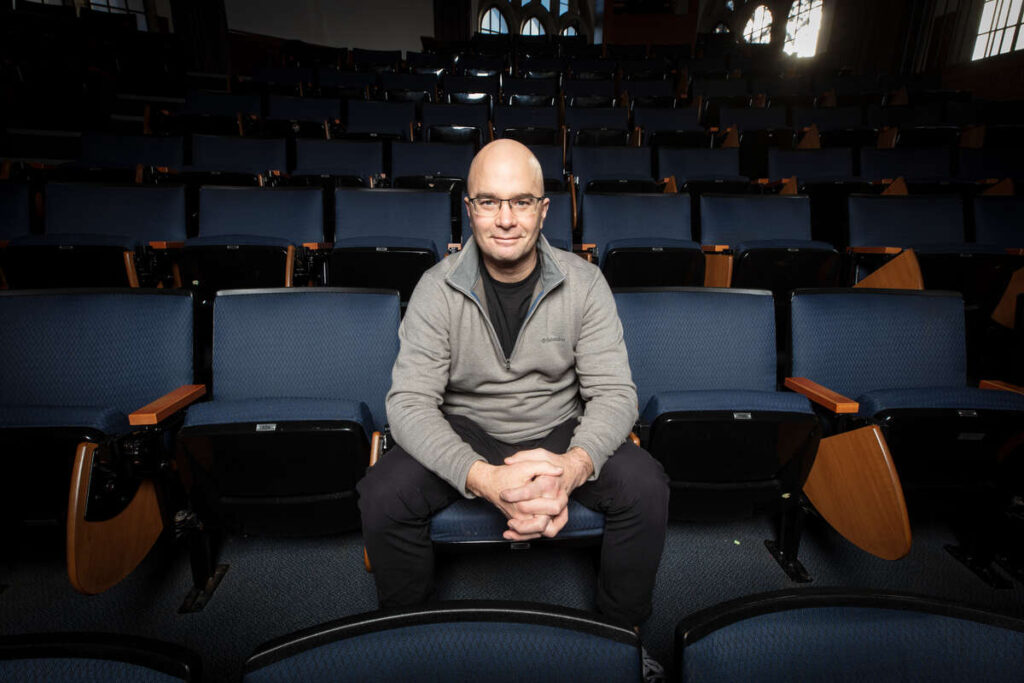John Mankins, a former NASA manager and author of A Case for Space Power, will discuss his book in a 7 p.m. lecture Tuesday, March 10, in the first-floor auditorium (Room 127) of the John R. Roach Center for the Liberal Arts on the St. Paul campus of the University of St. Thomas.
The lecture, free and open to the public, is sponsored by the St. Thomas Institute of Electrical and Electronics Engineers Club. Other St. Thomas organizations supporting the lecture are the University Lectures Committee and the American Society of Mechanical Engineers Club and Engineers for a Sustainable World Club.
Now president of California-based Artemis Innovation Solutions, Mankins spent 25 years as a project manager at NASA and CalTech’s Jet Propulsion Laboratory. As manager of Exploration Systems Research and Technology at NASA, he oversaw an annual budget of $800 million that involved more than 100 projects and 3,000 personnel. He was the first recipient of NASA’s Exceptional Technology Achievement Medal.
In his review of Mankins’ 2014, book, Paul Werbos wrote that Mankins provides “the blueprint for providing Earth with limitless clean energy” and “was the leader at NASA of virtually all the useful work on space solar power by the U.S. government in the last 25 years.”
Mankins’ proposal for space solar power involves the construction of large structures in outer space to gather energy from sunlight. This energy is converted to microwave energy that is transmitted to earth, without wires, where it is collected by receivers and converted to usable current. He said it is possible to begin harvesting space solar power with the technologies now available.
Mankins explains the concept of space solar power in this 19-minute TEDx talk given at Goodenough College in London in 2012.
St. Thomas student Mitchell Hoffmann, president of one of the clubs sponsoring the lecture, said Mankins “can show St. Thomas students the possibilities and implications of space solar power, open their minds to the interaction between academic disciplines, and inspire them to help realize some truly impressive feats of technology and human cooperation."







